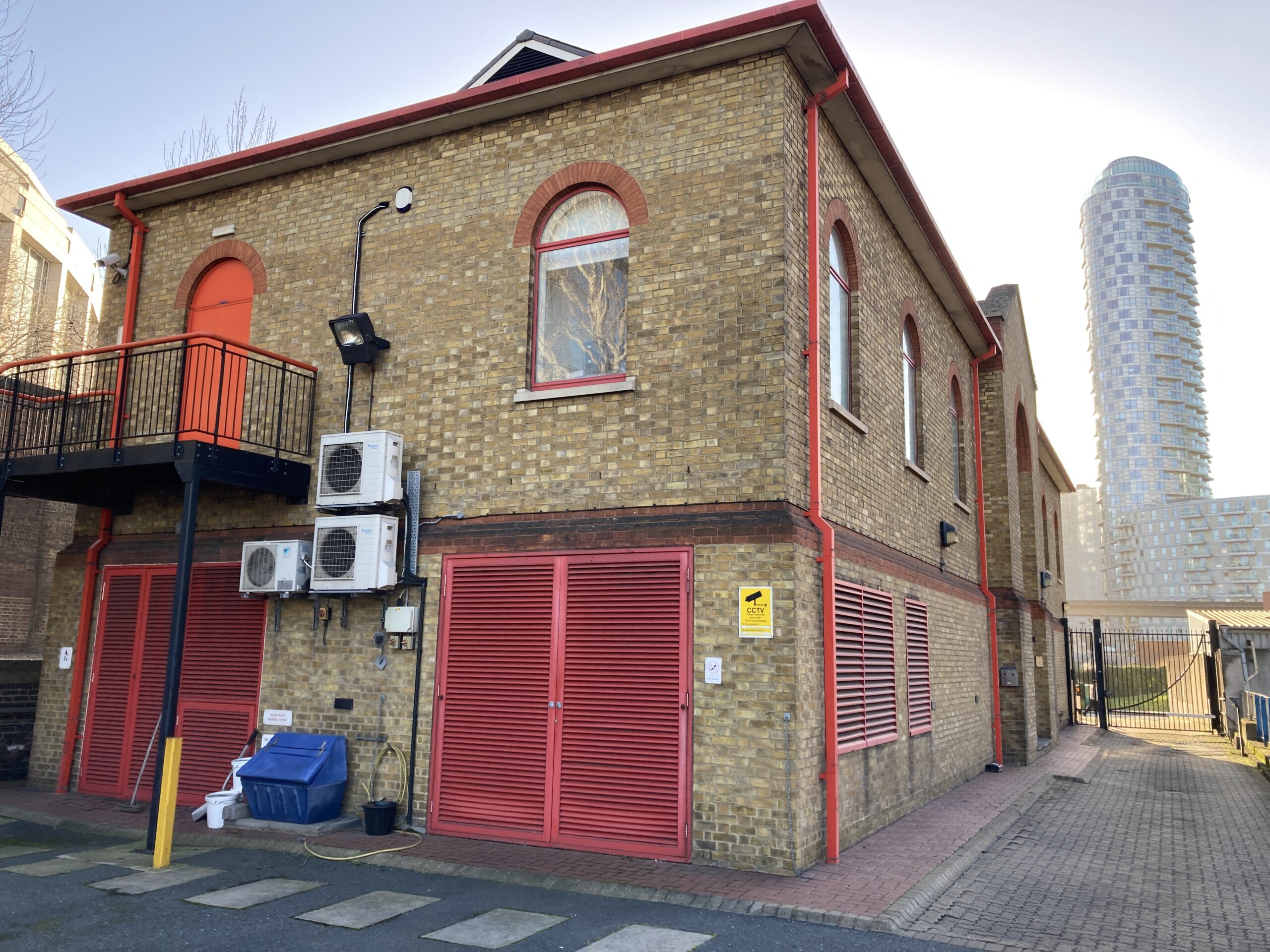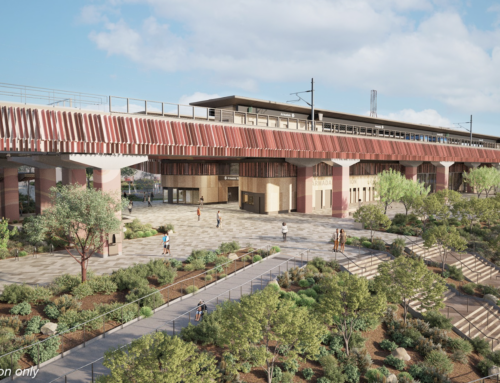Naval Row in Canary Wharf, East London, serves as a critical hub for the Blackwall Tunnel’s control systems. Tasked by Transport for London (TfL) with modernising the infrastructure, the project aimed to reduce operational carbon and enhance reliability. The transition was driven by the need to replace failing existing equipment.
NDY’s work centred on upgrading the plant room, with a primary focus on replacing outdated gas-fired central hot water services with an innovative high temperature air source heat pump (ASHP) system. Our team enhanced ancillary systems such as plate heat exchangers, storage vessels and pumps, as well as modernising controls and metering; and renewing electrical and fire protection services in the plantroom. The implementation of a high-temperature ASHP featuring a pioneering propane refrigerant circuit significantly improves the system’s efficiency and supports TfL’s net zero carbon pathway. A detailed sequencing of works was developed to minimise system downtime.
One of the major challenges encountered was the limited external space available for the heat rejection plant. To address this, creative solutions were employed to optimise space within the loading bay, with heat rejection units mounted on a hidden rear wall. Meticulous planning ensured that the system would effectively support the operation and control of the Blackwall Tunnel, a vital component of London’s transport infrastructure.
The project met TfL’s sustainability and operational goals while providing long-term benefits to the community. The modernised system reduces maintenance costs and downtime, offering more efficient and reliable service for operators. Improved energy efficiency lowers operational costs and reduces the environmental footprint. Enhanced control systems ensure smoother traffic flow through the tunnel, improving the daily commute for thousands of users.











